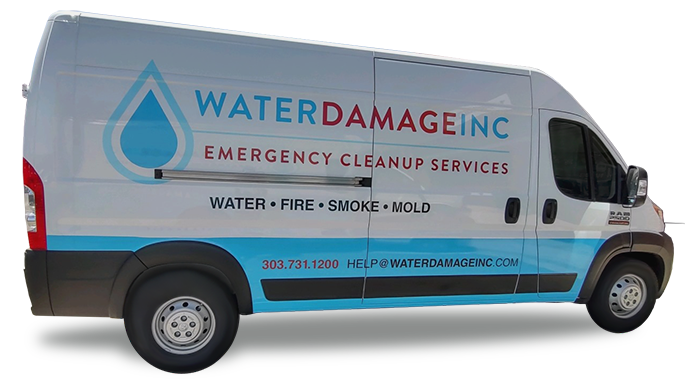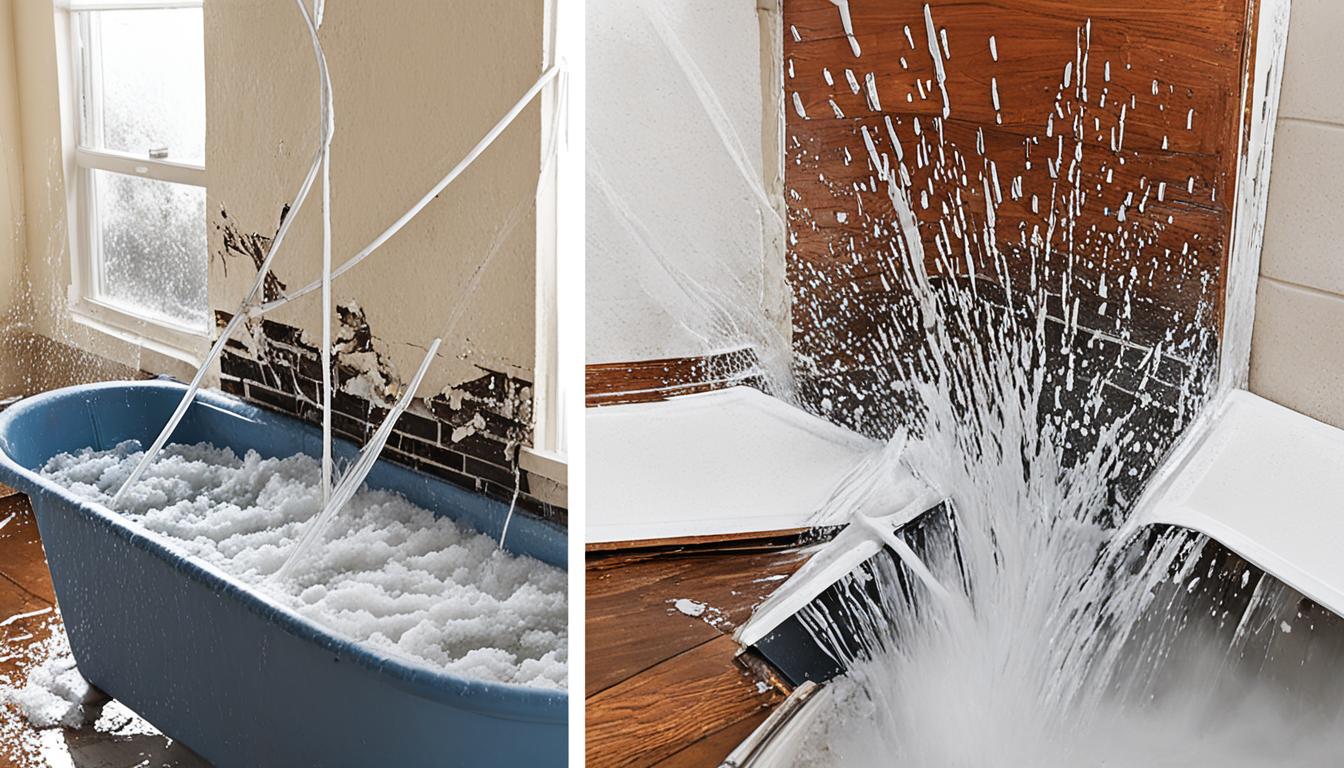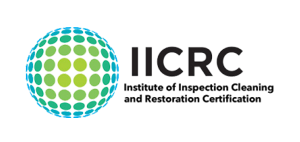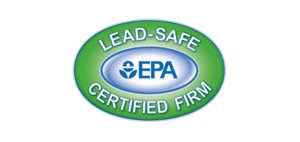Welcome to our guide on common causes of water damage. Whether you are a homeowner or a business owner, understanding the potential causes of water damage is crucial to protect your property from costly and devastating consequences.
Water damage can occur in various ways, from plumbing issues to weather-related factors and appliance malfunctions. In this section, we will explore each of these common causes in detail, providing you with valuable insights to help you take proactive measures and safeguard your property.
By familiarizing yourself with these causes, you can spot warning signs early on, prevent further damage, and potentially save yourself from the headaches and expenses of water damage restoration. Let’s dive in and learn more about the common causes of water damage:
Key Takeaways:
- Understanding the common causes of water damage is essential for protecting your property.
- Plumbing issues and leaks are a prevalent cause of water damage.
- Weather-related factors, such as heavy rain and flooding, can lead to water intrusion.
- Appliance malfunctions, like faulty washing machines or water heaters, can also cause water damage.
- Regular maintenance, inspections, and timely repairs are vital for preventing water damage.
Plumbing Issues and Leaks
One of the most prevalent causes of water damage is plumbing issues and leaks. Whether it’s a burst pipe, faulty plumbing fixtures, or leaking connections, these issues can lead to significant water damage if not addressed promptly.
Plumbing problems can occur in both residential and commercial properties, and they can often go unnoticed until they cause extensive damage. Leaks can occur behind walls, under floors, or even in hidden areas of your property. If left untreated, they can result in structural damage, mold growth, and the deterioration of building materials.
Identifying plumbing issues and leaks early on is crucial in preventing further damage. Look out for signs such as water stains on walls or ceilings, continuously running toilets, dripping faucets, or a sudden increase in water bills. If you notice any of these signs, it’s important to take immediate action to resolve the issue.
Regular maintenance and inspections are key to preventing plumbing-related water damage. Schedule regular check-ups with a professional plumber to ensure that your plumbing system is in good condition. Additionally, proper installation of plumbing fixtures and regular cleaning of drains can help prevent clogs and backups that may lead to leaks.
When it comes to addressing plumbing issues and leaks, it’s always best to consult a licensed professional. They have the knowledge, experience, and specialized tools to accurately diagnose the problem and provide effective solutions. By taking proactive measures and addressing plumbing issues promptly, you can protect your property from costly water damage.
To better understand the impact of plumbing issues and leaks, take a look at the following table:
| Plumbing Issues | Consequences |
|---|---|
| Burst pipes | Structural damage, flooding |
| Leaking connections | Water stains, mold growth |
| Malfunctioning fixtures | Dripping faucets, running toilets |
Weather-Related Factors
Another common cause of water damage is weather-related factors. Heavy rain, storms, hurricanes, and flooding can result in water intrusion into your property. Understanding how these weather conditions can impact your home or business will help you prepare and mitigate potential damage.
During periods of heavy rain, the excess water can seep into the ground around your property, putting pressure on foundation walls and basements. This can lead to water leaks and structural damage if the foundation is not adequately waterproofed.
Storms and hurricanes bring high winds and torrential rains, increasing the risk of water infiltration through roof leaks, damaged windows, and poorly sealed entry points. The forceful impact of wind and rain can compromise the integrity of your property’s exterior, allowing water to enter and cause extensive damage.
Flooding is another weather-related factor that poses a significant threat. When rivers or bodies of water overflow, or heavy rains create excessive runoff, your property becomes susceptible to water damage. Floodwaters can penetrate buildings, damaging walls, floors, electrical systems, and personal belongings.
To protect your property from weather-related water damage, it’s crucial to implement preventive measures. Ensure that your gutters and downspouts are clear of debris to allow proper drainage. Regularly inspect your roof for missing shingles or damaged areas and promptly repair any issues. Install flood barriers and consider elevating essential equipment and belongings in flood-prone areas. Additionally, consult with professionals to assess the risk of flooding and implement appropriate waterproofing strategies.
Preparing for Weather-Related Water Damage: Checklist
- Clear gutters and downspouts regularly to prevent water buildup.
- Inspect your roof for any signs of damage, such as missing shingles or cracks.
- Seal any cracks or gaps in windows, doors, and walls to prevent water intrusion.
- Consider installing gutter extensions to divert water away from your foundation.
- Elevate essential electrical equipment and valuables in flood-prone areas.
- Invest in flood barriers or sandbags to create a barrier against rising water levels.
- Consult with professionals to assess the risk of flooding and implement appropriate waterproofing measures.
| Weather-Related Factors | Effects of Water Damage | Preventive Measures |
|---|---|---|
| Heavy rain | – Water leaks in basements and foundations – Structural damage |
– Ensure proper foundation waterproofing – Clear gutters and downspouts regularly |
| Storms and hurricanes | – Roof leaks – Water infiltration through damaged windows and entry points – Exterior damage |
– Regular roof inspections and repairs – Seal cracks and gaps in windows, doors, and walls |
| Flooding | – Interior water damage – Electrical system damage – Loss of belongings |
– Install flood barriers – Elevate essential equipment and valuables |
Appliance Malfunctions
When it comes to water damage, appliance malfunctions can be a significant cause of concern. Whether it’s a malfunctioning washing machine, dishwasher, or water heater, these appliances have the potential to cause water damage if not properly maintained or repaired.
Appliance malfunctions can occur due to various reasons, such as faulty components, wear and tear over time, or improper installation. When these malfunctions happen, they can lead to leaks, flooding, or even burst pipes, resulting in water damage to your property.
To prevent appliance-related water damage, it’s crucial to prioritize regular maintenance and timely repairs. This includes performing routine inspections of your appliances, checking for any signs of wear or damage, and addressing any issues promptly.
Additionally, follow the manufacturer’s guidelines for maintenance and usage to ensure optimal performance and minimize the risk of malfunctions. Consider scheduling professional service checks for your appliances to identify and address potential issues before they escalate into major problems.
Here are some essential tips to prevent appliance-related water damage:
- Regularly inspect and clean your washing machine: Check for any loose hoses, signs of leakage, or unusual noises. Clean the detergent dispenser and filters regularly to prevent clogs.
- Maintain your dishwasher: Clear the debris from the drain filter, check the door seal for any signs of damage or wear, and ensure the water supply and drainage connections are secure.
- Monitor your water heater: Look for any leaks or signs of corrosion around the pipes or tank. Test the pressure relief valve to ensure it’s functioning correctly.
- Disconnect appliances during extended absences: When going on vacation or leaving your property unattended for a long time, consider disconnecting your appliances to minimize the risk of malfunctions in your absence.
- Install water leak detection devices: These devices can alert you to potential leaks or malfunctions, allowing you to take immediate action and prevent water damage.
By following these preventive measures and staying vigilant about appliance maintenance, you can reduce the likelihood of appliance malfunctions leading to water damage in your home or business.
| Appliance | Signs of Malfunction | Preventive Measures |
|---|---|---|
| Washing Machine | Leaking water, unusual noises, failure to start or finish cycles | – Regularly inspect hoses and connections – Clean filters and detergent dispenser – Avoid overloading the machine |
| Dishwasher | Leaking water, inadequate cleaning or drying, unusual smells | – Clean drain filters regularly – Check door seal for damage – Secure water supply and drainage connections |
| Water Heater | Leaking water, insufficient hot water, rusty or corroded parts | – Inspect pipes and tank for leaks or corrosion – Test pressure relief valve – Flush the tank periodically |
Conclusion
In conclusion, water damage can be attributed to various common causes, including plumbing issues, weather-related factors, and appliance malfunctions. It is crucial to understand these potential risks and take proactive measures to protect your property from the devastating consequences of water damage.
By prioritizing regular maintenance, inspections, and timely repairs, you can effectively safeguard your home or business from the detrimental effects of water damage. Keeping your plumbing system in optimal condition, addressing leaks promptly, and ensuring proper functioning of appliances are key steps in preventing water-related incidents.
Additionally, being aware of weather conditions and taking necessary precautions, such as installing proper drainage systems and implementing flood protection measures, can minimize the risk of water intrusion during heavy rain, storms, or flooding events.
Remember, preventing water damage is far more cost-effective than dealing with the aftermath of a water-related disaster. By staying informed, staying proactive, and implementing preventative measures, you can significantly reduce the likelihood of water damage and protect your property investment.
FAQ
What are the common causes of water damage?
The common causes of water damage include plumbing issues and leaks, weather-related factors, and appliance malfunctions.
How do plumbing issues and leaks result in water damage?
Plumbing issues and leaks, such as burst pipes or leaking connections, can lead to significant water damage if not addressed promptly. Faulty plumbing fixtures can also contribute to water damage.
What are some examples of weather-related factors that can cause water damage?
Heavy rain, storms, hurricanes, and flooding are weather-related factors that can result in water intrusion into your property. Understanding how these conditions can impact your home or business is essential for preparing and mitigating potential damage.
How can appliance malfunctions lead to water damage?
Appliance malfunctions, such as a malfunctioning washing machine, dishwasher, or water heater, can cause water damage if not properly maintained or repaired. Regular maintenance and timely repairs are crucial in preventing appliance-related water damage.
How can I protect my property from water damage?
To protect your property from water damage, it is important to take proactive measures such as regular maintenance, inspections, and timely repairs. Understanding the common causes of water damage, including plumbing issues, weather-related factors, and appliance malfunctions, will also help you implement preventive strategies.






















